The Bergamot
|
“So many dreams die before they start. We’ve seen this over and over,” mused Jillian Speece, who alongside her husband, Nathaniel Paul Hoff, are the faces of the acclaimed indie folk-pop band The Bergamot.
It all started with an email. They were passing through Sedona en route to perform at South by Southwest, when nationwide quarantine orders went into place. With the music festival canceled and future tour dates postponed, The Bergamot was sheltering at a friend’s home among the red rocks, and Jillian was looking for a locally roasted single-origin coffee to gift to Nathaniel. Next thing we knew, we were going over to their place for freshly baked sourdough bagels, soul-stirring conversation, and of course, coffee.
Their energy is vibrant -- Jillian’s catch phrase is “Shine On” -- and their hospitality is characteristically Midwestern. Like the dreamy, perfect harmonies of their music, these highschool sweethearts from Indiana inspire joy and instantly give you the feeling that their love, dedication, and a dose of grit have guided them into a freeform way of life they revere.
“We’ve met thousands of people all over the world, and conversing… my number one thing I like asking people, instead of ‘What do you do?’ I ask them, ‘What lights you up? What’s your passion? What makes you happy?’ And oftentimes their response is, ‘I don’t know, exactly,’ ” Jillian continued.
“In our culture, we’re taught to be a part of this homogenized structure. We both came from Indiana: the cornfields and family. You go to school, you find a partner, you get married, you get the house, you have kids. And that can be beautiful if that’s your dream,” she described. Yet, it didn’t take long for Nathaniel and Jillian to realize that that wasn’t their dream, and in order to fulfill their true calling, they’d have to break free from the expectations of their loved ones and chart their own course, no matter how painful it may be.
“When you break away from that form, there’s a ton of distance because people think, ‘What do you mean? This is a good life,’ ” added Nathaniel. “When you let go of that, or you put your foot up against it and say, ‘This dream isn’t for me,’ there’s tons of friction.”

Nathaniel reflects on that time of youthful rebellion and individuation, and the backlash and anger they felt from their friends and family, and he wonders how they persisted. “People say brash things and we realized, this is not actually what they think about me, they’re actually saying this about themselves,” described Nathaniel. “They might be saying this to me, but they wake up and tell themselves this in the mirror every day.”
“That whole thing, the friction, we call that the crab theory,” Jillian added. “If you ever watch someone capturing crabs in a net, there’s always a couple of crabs that try and get out of the net, but the rest of the crabs pull them back in. So it’s the exact same thing. They're like ‘What are you doing? We’re all supposed to be doing this together, we’re all in this together.’ And you say, ‘No, I’m trying to escape.’ With both of us individually and together trying to get out and to pursue a career in music, which is foreign… we had a lot of that… the force of crab grabbing us back, telling us ‘You guys can’t do this.’”
"Love yourself, because if we don’t love ourselves it’s very difficult to create art and to fully come to life in that art form."
So much of what feeds our souls requires blind faith and unwavering confidence, traits The Bergamot display in spades. As a self-described “people pleaser,” Jillian had to grow into the bold woman she is today by pushing against the people she loved the most: her parents.
They had just graduated college with degrees in Media and Public Communications and Finance and Accounting, respectively, and as the summer came to an end, their parents started asking when they were going to start looking for work. Unbeknownst to their parents, Nathaniel and Jillian had hired a booking agent and were about to set out on a cross-country tour to perform 43 shows.
“Honestly, being a people pleaser my whole life, this was probably one of the scariest moments of my life,” recalled Jillian. “In that moment, I had such conviction. With tears in my eyes and in my throat I just said ‘I am called to do this. I have to do this.’ My mom was crying, my dad was crying and I just said, ‘I’m leaving in two days. I have to do this. This is a calling. This isn’t something that I think I need to do. I have to go.’ From that day it took me seven years of self individuating away from my family for my mom and dad to finally come around. It took seven years of me out on the road, pursuing this dream, all over the world. They were persistent in their ways of trying to get us to come back.”

After settling in Brooklyn in 2014 and becoming immersed in the creative culture there, Nathaniel and Jillian were able to return to Indiana to perform, and enjoy their hometown on their own terms. “You learn to love everybody for ultimately who they are and what they represent,” Nathaniel said. “A beautiful culture always has to be represented by a diverse set of opinions. And that’s beautiful thing. But when you’re young, that’s a horrible thing. And then you go through that individuation process and you come out on the other side and then you can ultimately appreciate its beauty. That’s where you want to be.”
Appreciating the beautiful tapestry of people and places they’ve encountered on the road has led to creative songwriting and incredible opportunities for The Bergamot. In 2016 they won an Emmy for their part in a piece on the Grotto Network, which is associated with University of Notre Dame, called Trailblazers: The Bergamot, about a band spreading a message of hope. Now they’re creating a documentary called State of the Unity, some four years in the making, which is set to drop later this fall or early next spring. Both pieces chronicle their life on the road during their 50-state Unity Collective tour.
"Because we swam upstream for so long, that is how we got so strong."
As constantly touring artists, The Bergamot have been immersed in a culture of musicians connected by their passion and their craft, and presumably by the Internet. And although they’ve been touring for a decade with no permanent residence, they seem to always be at home because they’re so comfortable in who they are. “I think it’s about a reckoning,” Nathaniel posited. “Are you willing to go to that space where there’s uncertainty? There’s a group of people. And you want to get into that flow… the artistic flow, the cultural flow because then you can exist and you don’t always feel like you’re going upstream. Find the current and ride that for awhile.”
“We were always going upstream,” Jillian described. “We were the black sheep. But because we swam upstream for so long, that is how we got so strong. Our muscles got so big swimming against the current. If you’re just going down, there’s a season for that; and there’s a season for going against that. When you’re swimming for 10 years against that current, that’s how you get the calluses, that’s how you grow into a confident person.That’s how you learn to listen to people and their words and identify that this has nothing to do with me at all. That’s how you develop confidence in yourself. And that’s how we got so strong.”

Conviction, following their calling, and developing calluses helped propel them along their path, but what about inspiration? Turns out Jillian and Nathaniel go about finding inspiration and living creative lives in different ways. Jillian, who Nathaniel playfully calls “the mystic biscuit,” says, “I pull a lot of inspiration from the spiritual realm, like angels, Christ, Mother Mary, but in an unconventional way, not in a classical religious way.” She added: “Coffee and tea time always proceed songwriting and recording. It's our daily ritual.”
On the other hand, Nathaniel, the primary songwriter for The Bergamot, has more of a structured approach. He says he relates to composers like Beethoven who is said to have counted out precisely 60 coffee beans to brew his morning cup. “My day consists of waking up, three hours of rehearsal, break for coffee for an hour, talking about direction and big overview stuff. Then two hours of exercise, nothing more than making sure the body is in good shape. Then after that, clean up, and then I have the clarity of mind to compose,” he shared. “But I have found that it’s fun to throw in some really weird things, like one day just get up, throw on a bathing suit, sit by the pool, and then write a song. That’s going to procure a totally different emotion for me than this regimented routine.”
Taking a one- or two-hour coffee break during the workday sounds wonderful, indeed. During that time, they go over their journals and discuss ideas. This break in the creative process, Nathaniel says, helps to rejuvenate the mind. “What happens is you finish the coffee and then you go back into the songwriting with fresh ears.”
“The thing is to remember that we have the power inside of us but we spend most of our lives giving that power away."
Their freeform lifestyle is evident in the music they create: “The biggest thing for us is number one, as artists we question everything and in questioning it allows us to thoroughly examine our intentions for our life and our motives for our art and what we create,” said Jillian. “We came to a realization that we are really drawn to the alternative lifestyle and we are expressing ourselves through the music in a way that is free spirited. A lot of times when people listen to our music they say, ‘Wow I feel really free spirited, I feel really uplifted,’ and that’s a direct reflection of our lives and what we create. So as freeform as we can be, we are. We go out into the world and follow our heart and that looks very different from the normal status quo.”
So how does one start to cultivate creativity? Jillian mused: “Each of us have the power within to create new realities. But most people don’t realize they have this power and they sleepwalk through life never feeling deep meaning or happiness. But the truth is, we all have the power inside us to create a life we dream of. The problem is we are too afraid and busy giving our power away to notice it.
“The thing is to remember that we have the power inside of us but we spend most of our lives giving that power away. We give it away to all sorts of things. We give it away to other people, ideas, and beliefs that are limiting that don’t serve us. We give it away to politics, and to everything in between. Oftentimes there’s some sort of resistance or block within that needs to be addressed and then there’s really five ways to awaken the artist within.
“The first is to realize that we are spiritual beings having a human existence. Second is to love yourself, because if we don’t love ourselves it’s very difficult to create art and to fully come to life in that art form. The third thing is to question everything. Question the status quo. Question the media you’re consuming. Question the tools you’re using… the digital tools, social media, all that stuff. Question everything. The fourth thing is not only to engage the imagination but to bring the imagination to life. Finally, begin to intentionally create the life you want to live. Those are the five things that we’ve found help live a freeform life, a life of creativity and a life you love.”
__
Visit https://www.thebergamot.com/ for tour dates + more
Instagram @thebergamot
Read more
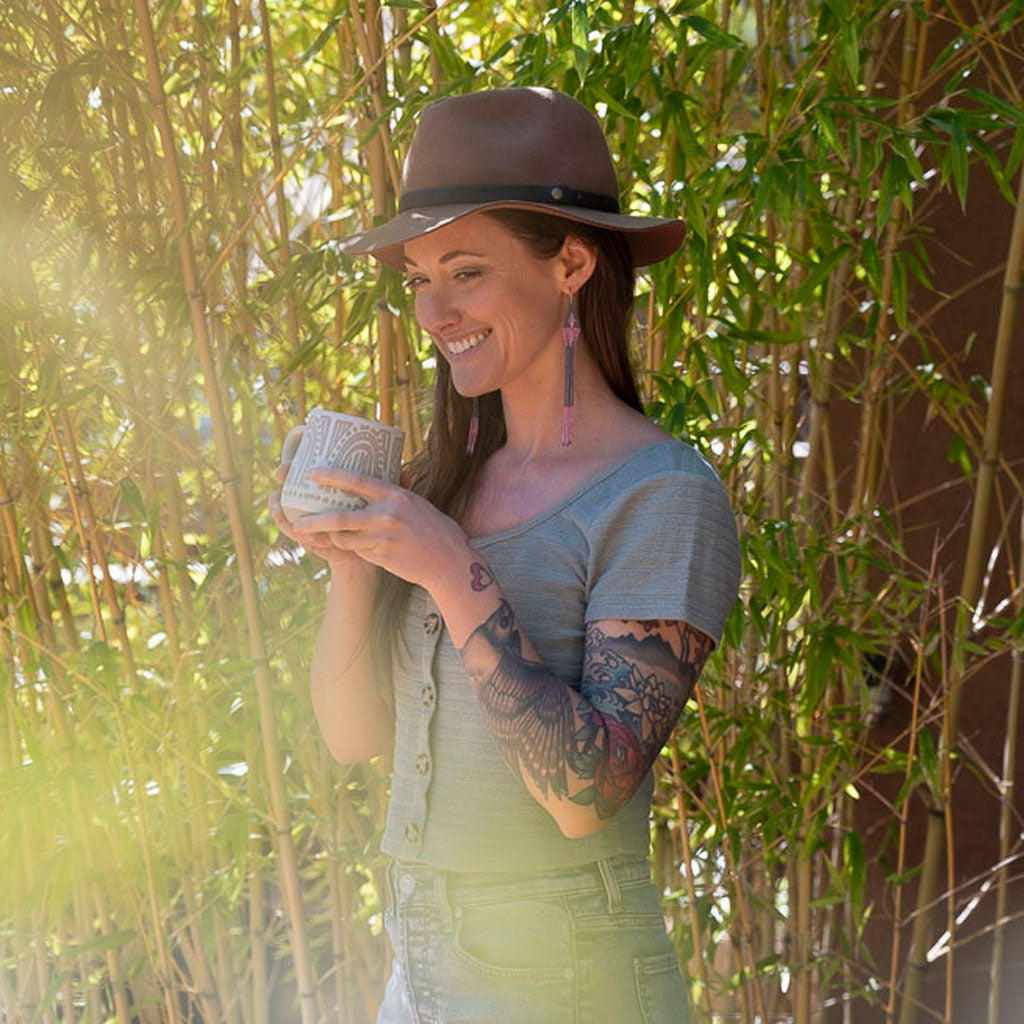
What differentiates a creative person from the rest of the pack? Is it inherent in her nature? The influence of a nurturing parent, teacher, or mentor? We believe that inside everyone is a unique d...
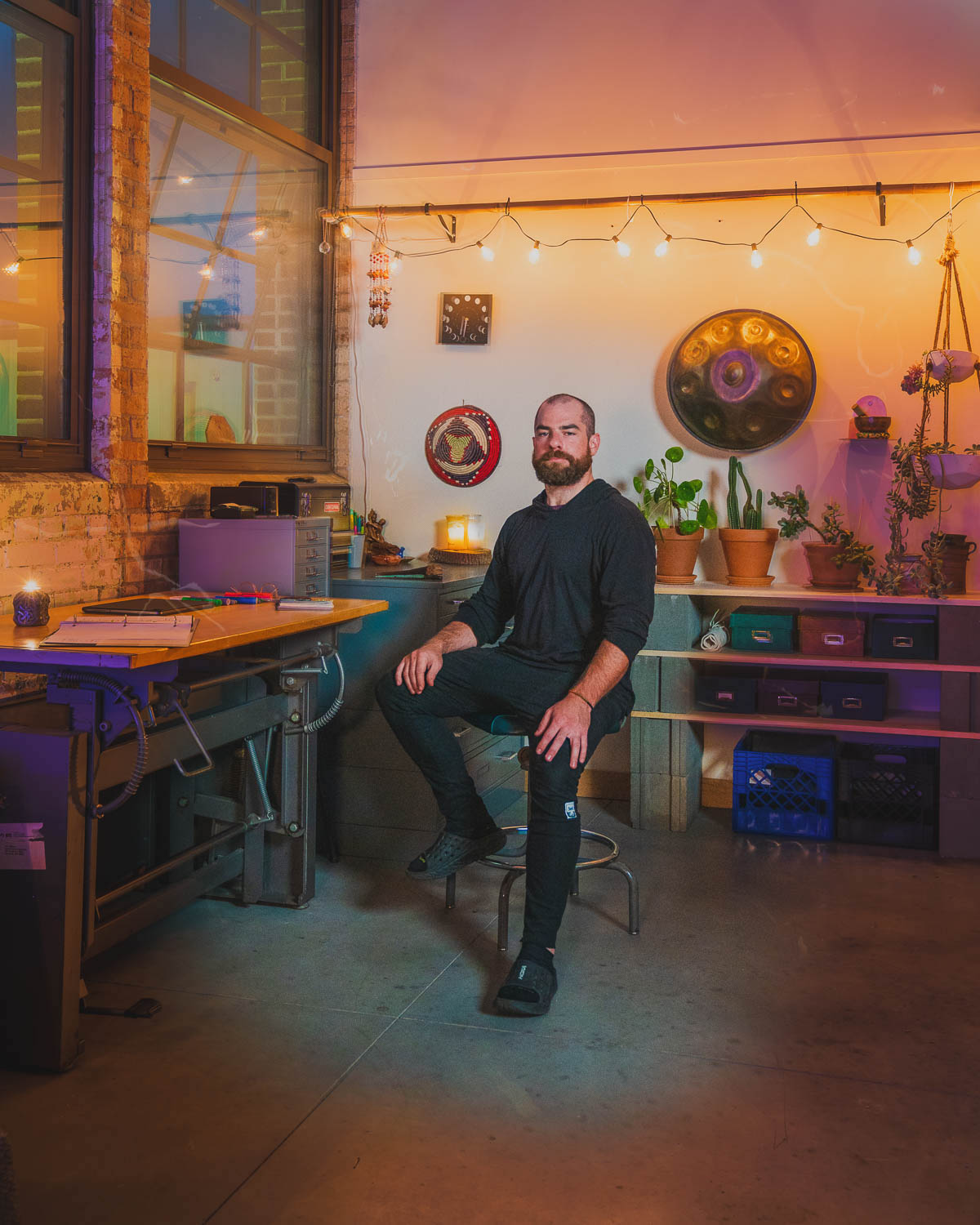
“Creativity always seemed to be the North Star when it came to my life directions,” said Andrew Reiland, the creative artist behind our fresh FreeForm Coffee branding and beautiful bag designs. We ...



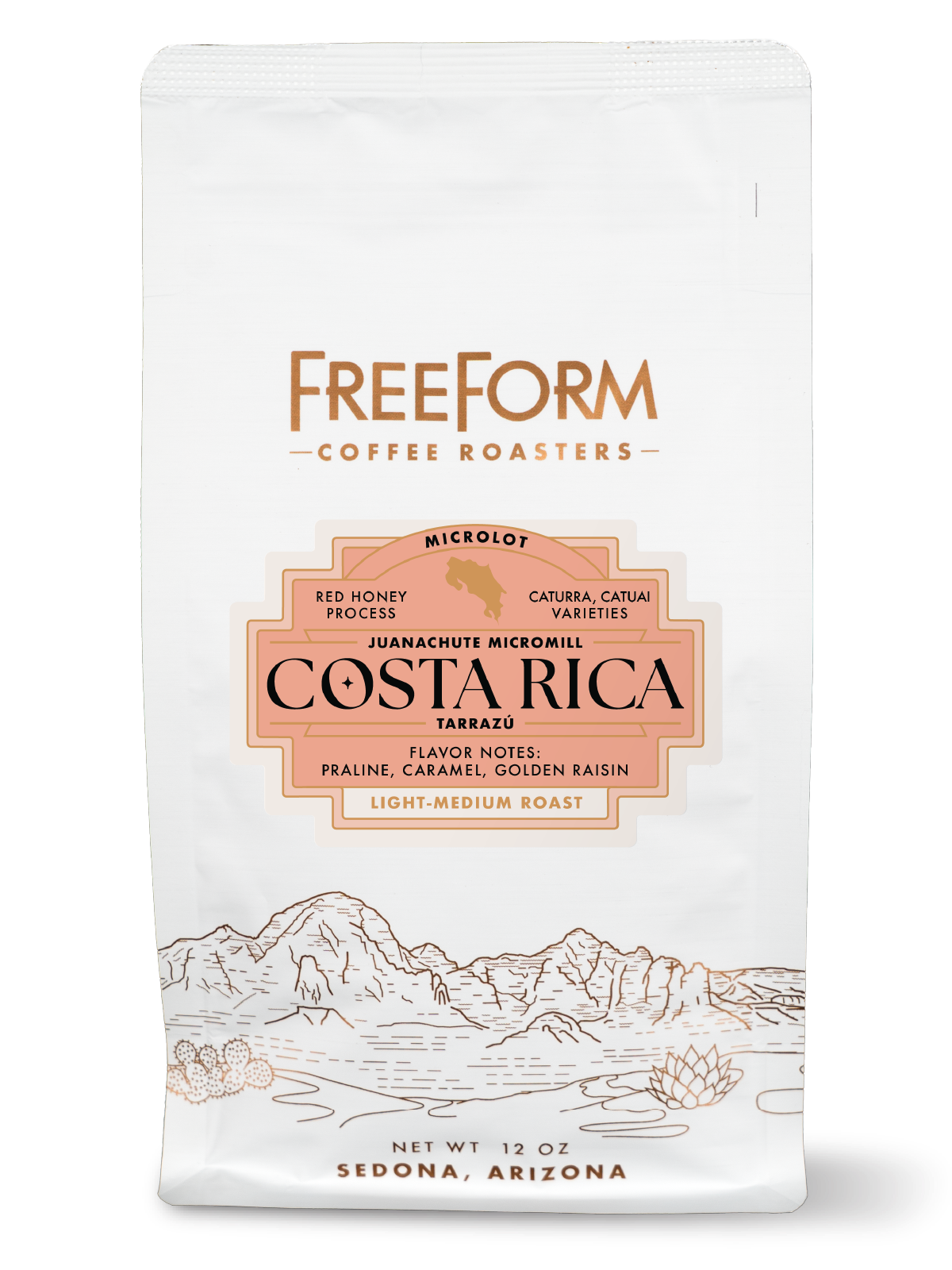


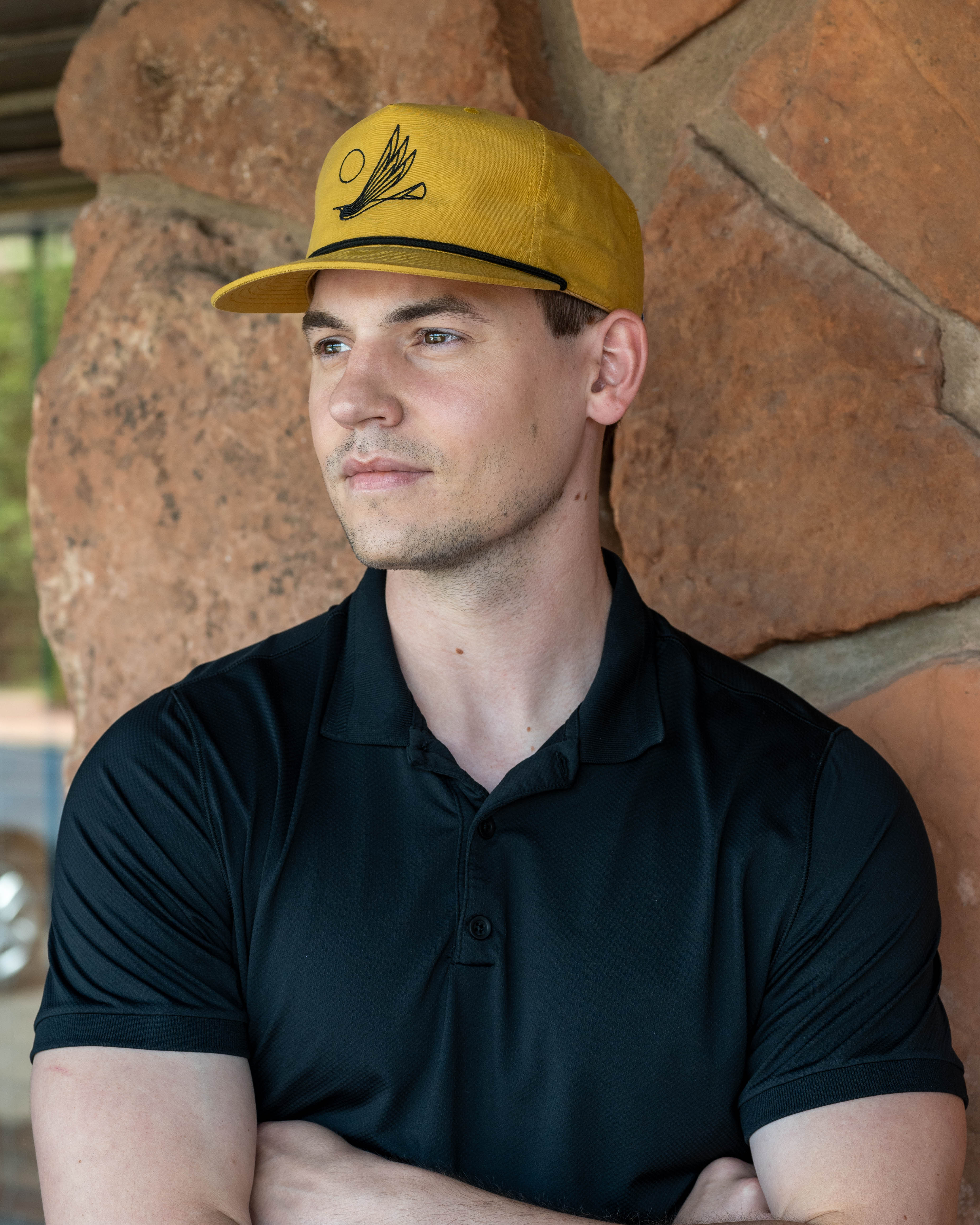
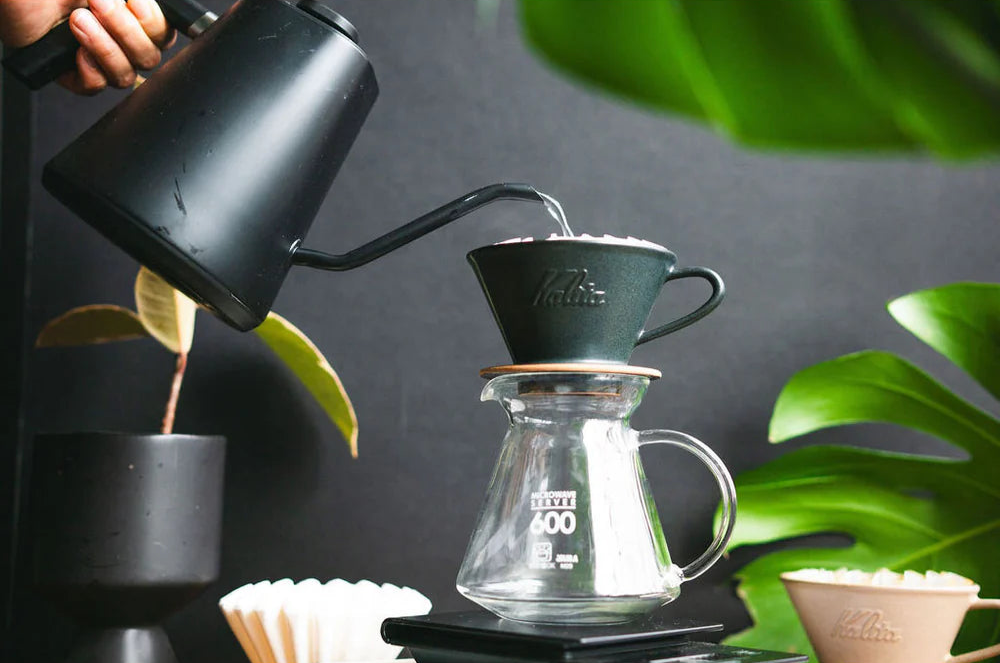
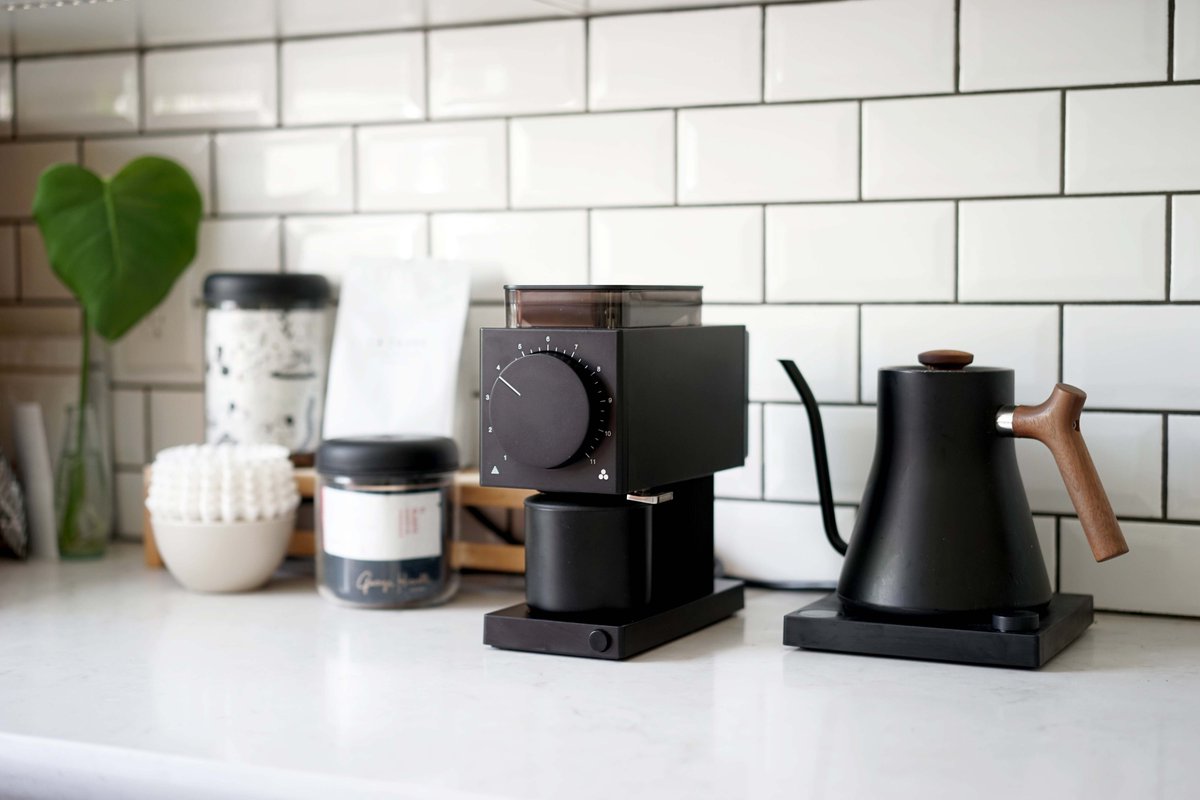
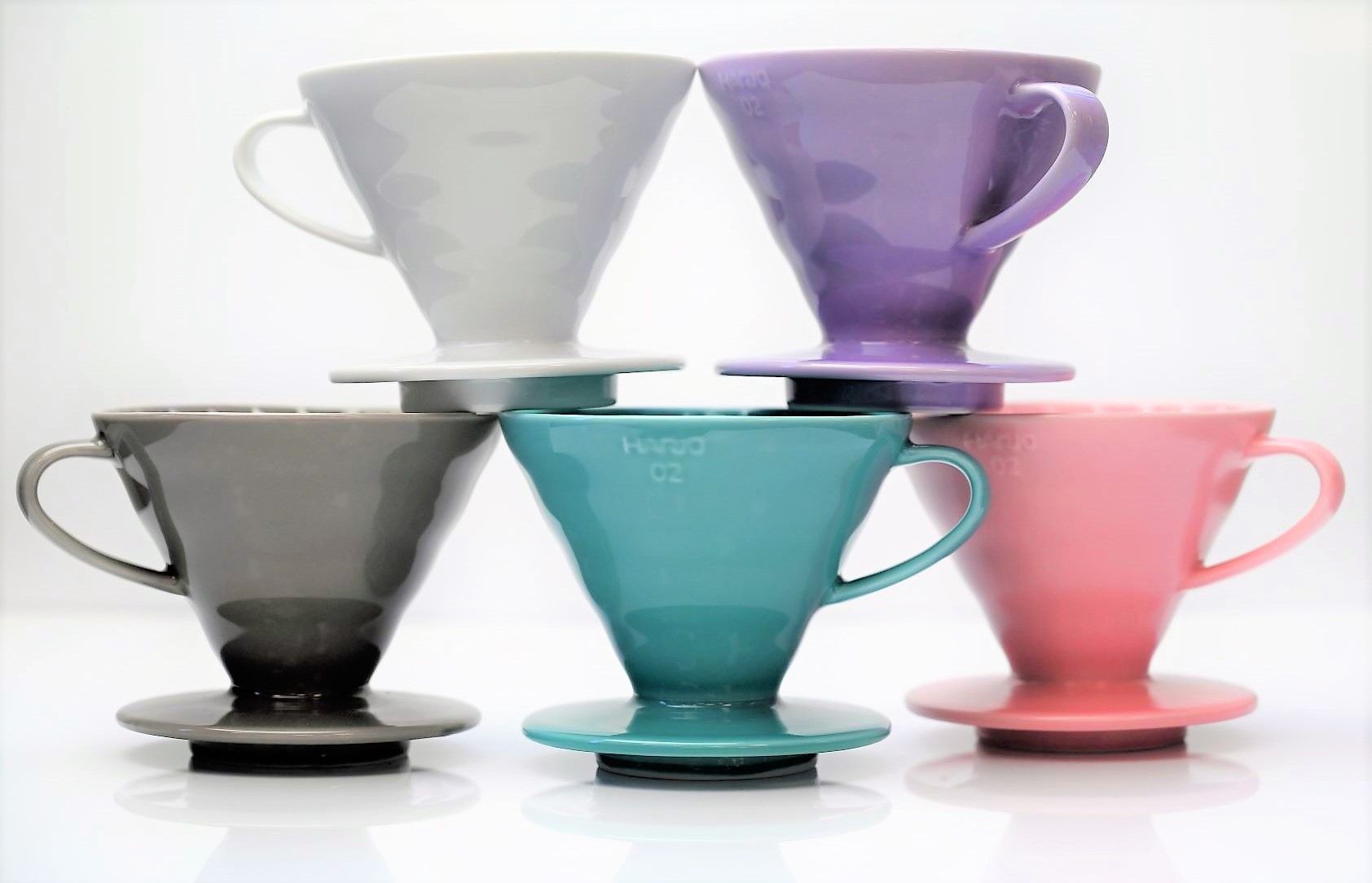





Leave a comment
All comments are moderated before being published.
This site is protected by hCaptcha and the hCaptcha Privacy Policy and Terms of Service apply.